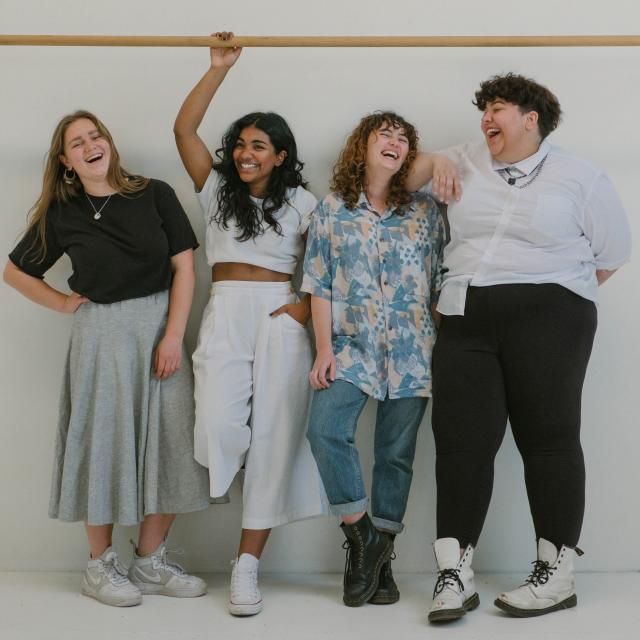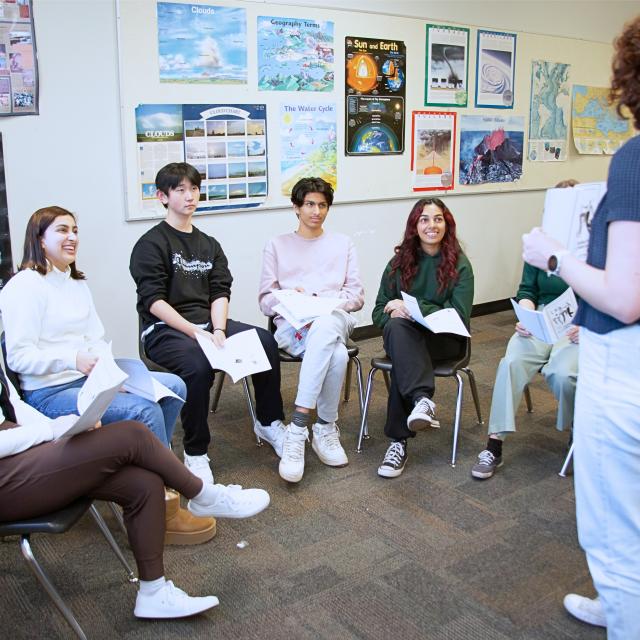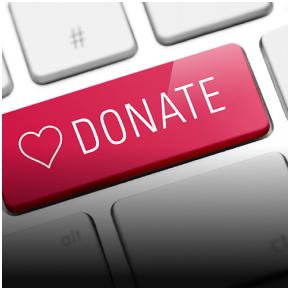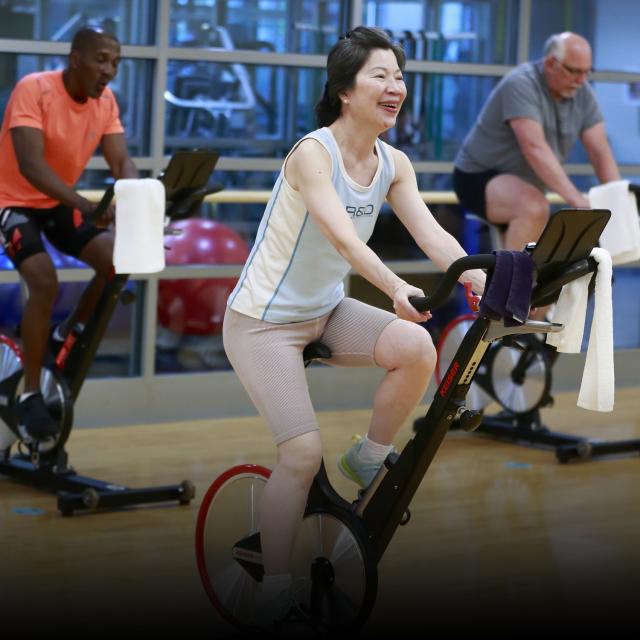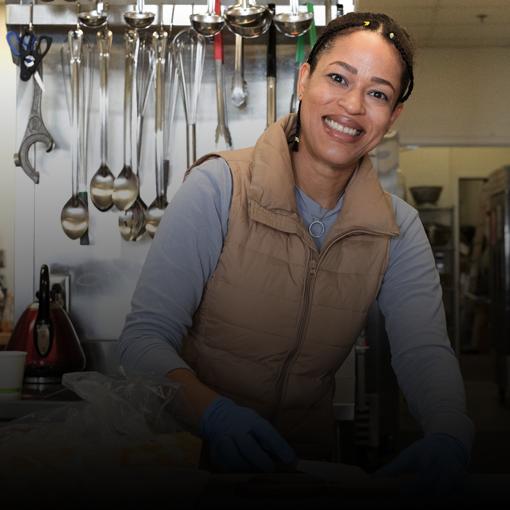
Combating Sexualization of Women & Girls
Sexualization permeates all levels of society and is a major hurdle in the path towards gender equality. YWCA Metro Vancouver is actively committed to mitigating its impacts.
When we talk about sexualization, we are referring to:
- Sexuality being inappropriately imposed on girls, like push-up bras being marketed to 12 year olds
- The narrow, often unattainable standards for female attractiveness, like magazines for young girls encouraging them to 'lose 10 pounds, straighten their hair and wear a mini skirt to attract their crush'.
- When sexual attractiveness is valued above all other characteristics, like athletic or educational abilities.
- The sexualization of girlhood, like adult women being portrayed as 'sexy' young girls
- Female objectification involves a women being viewed primarily as an object of sexual desire, rather than a whole person.
Sexualization permeates all levels of society and is linked to three of the most common mental health problems experienced by girls and women: low self-esteem, body dissatisfaction, eating disorders. Sexualization impairs the ability of women and men to establish healthy relationships and is correlated with increased societal tolerance for inequality, sexual harassment and violence against women.
The corresponding hypermasculinization of men and boys equally contributes to unhealthy relationships, resulting in difficulties expressing emotions and encouraging tendencies towards violence.
The sexualization of girls and women in contemporary media is of increasing concern to the YWCA Metro Vancouver and we are actively committed to combating its impacts.
- 10 Tips for Boys to Help Combat the Sexualization of Girls (PDF)
- 10 Tips for Girls to Help Combat Sexualization (PDF)
- Report of the APA Task Force on the Sexualization of Girls
- Letting Children be Children, Report of an Independent Review of the Commercialization and Sexualization of Childhood by Reg Bailey
- Sexualization of children in the contemporary media - Commonwealth of Australia 2008
Impact
Programs and services
offered in 42 locations throughout Metro Vancouver
Single mothers and children
made their home at one of our 15 YWCA housing communities
Free meals were served
at YWCA Crabtree Corner in the Downtown Eastside

Become a Mentor
Our after-school programs connect youth with a positive role model and inspire them to play a leading role in their personal development and the development of their communities.
As a mentor, you'll boost self-esteem and confidence among Grade 7 girls and boys, giving them the tools to achieve a smooth transition to high school.
